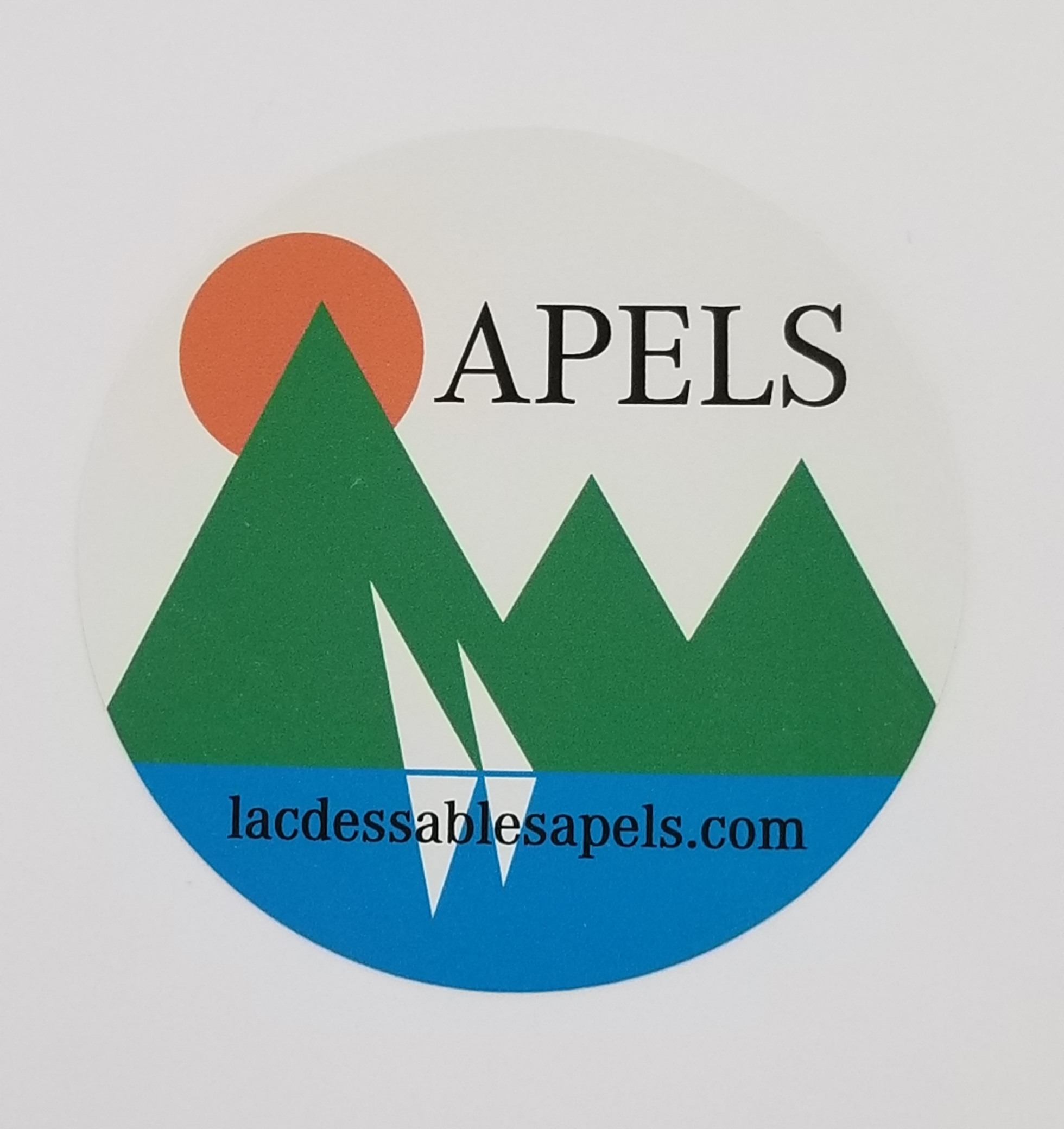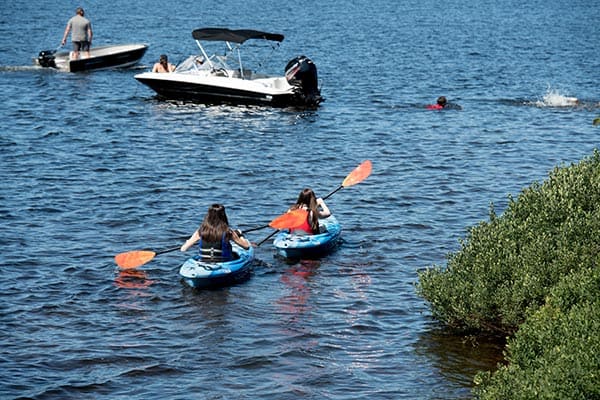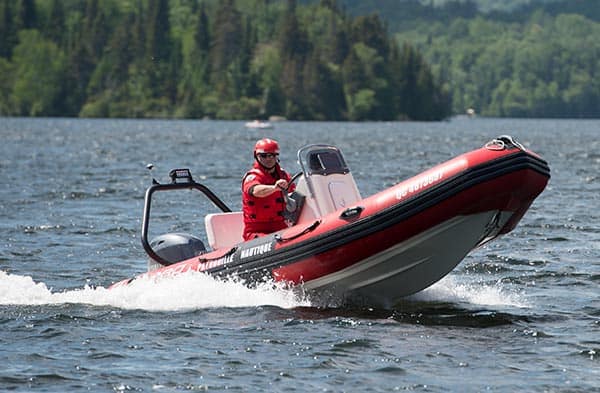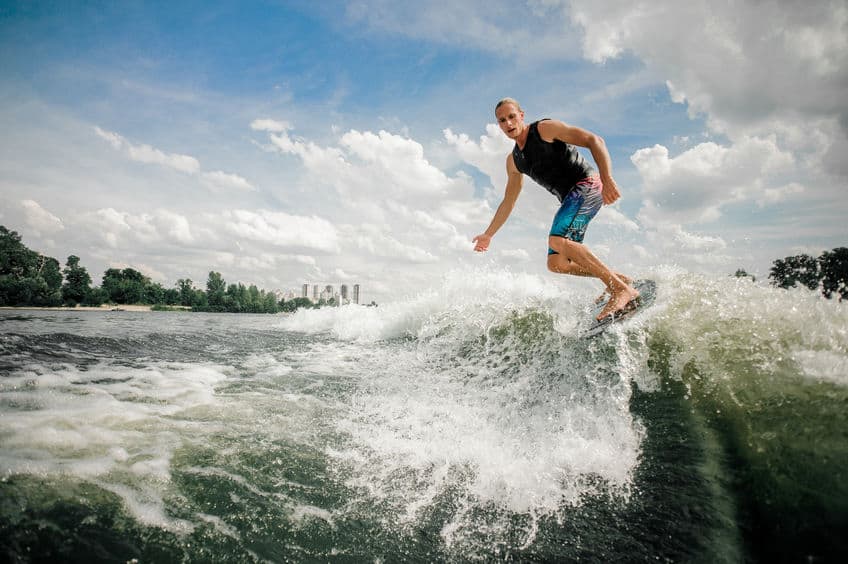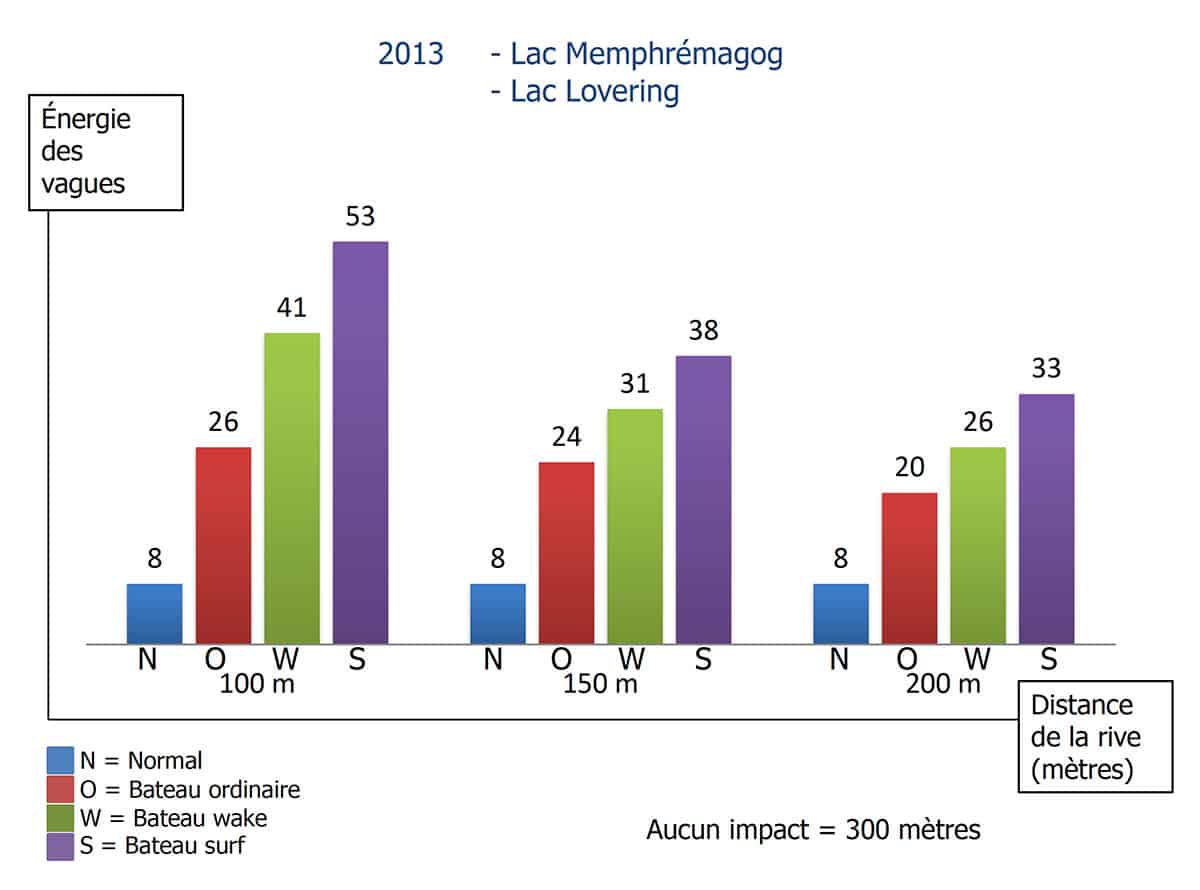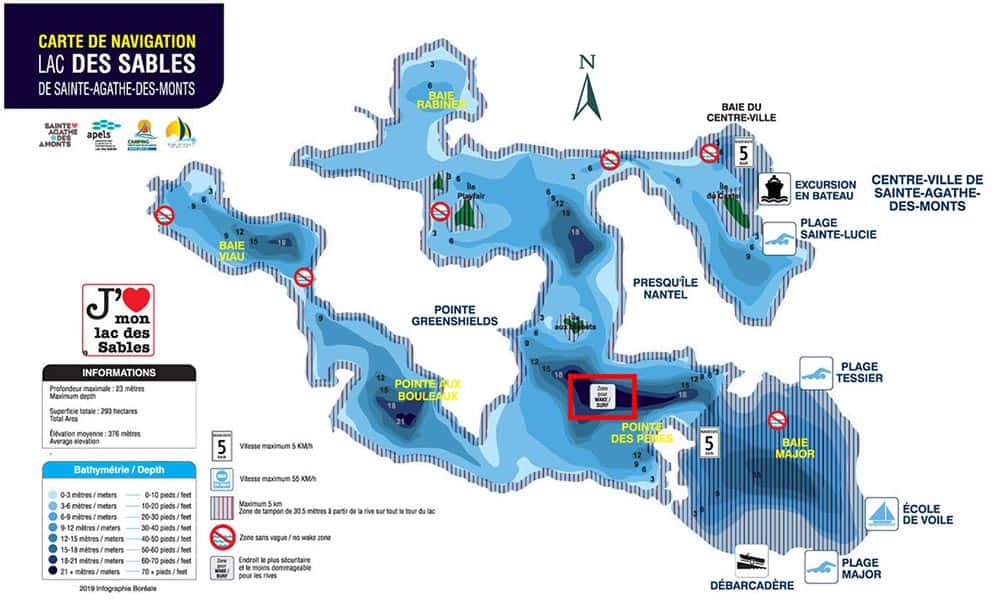A lake for all
APELS and its partners guiding principle is that every user has the right to practice their nautical or aquatic activity on the lake.
Security on Lac des Sables
It is more than a matter of courtesy, it is a matter of safety of everyone on the lake. Here are some prevention tips.
If you witness unsafe activity on the Lake, call 819-326-7698.
Swimming

– Make sure you can be seen and have a buoy with you. Wear a visible bathing cap.
– Keep a close eye on children and the elderly at the beach. Even in shallow waters, waves can cause them to lose their footing.
– Avoid swimming if you have consumed alcohol or other substances.
– Don’t swim alone, if possible.
– Watch out for the rip currents. Stay away from the docks and piers. They are often surrounded by permanent currents.
– Always swim close to shore.
– Avoid areas where there is a high flow of boats.
– Avoid diving or jumping if you don’t know the depth of the water.
Boating
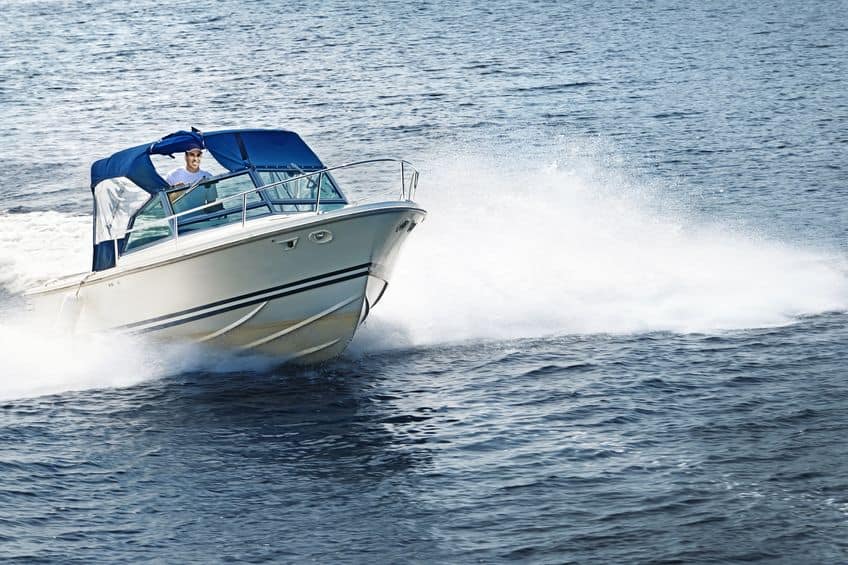
– Make sure the boat’s passengers are wearing life jackets.
– Vigilance is the order of the day. Be aware of what is around you and what is happening on board your boat at all times.
– Avoid cutting across the course of other boats.
– Take a boating safety course to learn how to manoeuvre a boat safely.
– Have your Pleasure Craft Operator Card.
– Respect speed limits and wave-free zones.
– The speed in the 30.5 meter (100-foot) buffer zone from the shore is 5 km/h maximum to prevent shoreline erosion and avoid damage to docks, boat garages or other boats.
– The activities of “wake boat” and “wake surf” must be practiced in the center of the Lake, south of l’Isle aux bleuets. See the navigation map.
– Be courteous and adjust the music of your boat to a sound level that will not affect the tranquillity of local residents and other boaters. The sound spreads more strongly on a body of water.
– Do not take the helm of a boat after consuming alcohol or other substances.
– Pay attention to swimmers and paddlers, as well as other small boats. You are responsible for the waves you produce and the damage they can cause.
– Keep a safe distance and pay close attention to boats towing skiers or other inflatable equipment.
– Know that you have a responsibility to help other boats in distress.
Paddle sports and small boats
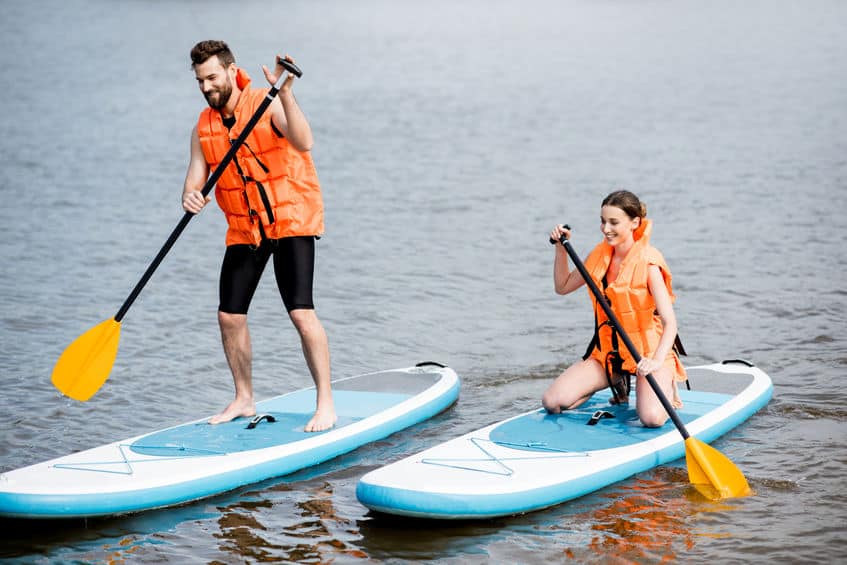
– Avoid getting up too much or moving too much in the boat.
– Wear a life jacket and make sure it is properly attached.
– Do not do a water sport after drinking alcohol or other substances.
– Be vigilant when observing the surroundings, especially in the presence of motorboats. Waves produced by a motorboat can overwhelm small watercraft.
– Don’t overload your watercraft.
– Load the watercraft properly. Place your body and equipment as low as possible along the center line.
– Dress for an unexpected capsizing.
– Bring life-saving equipment.
Windsurfing
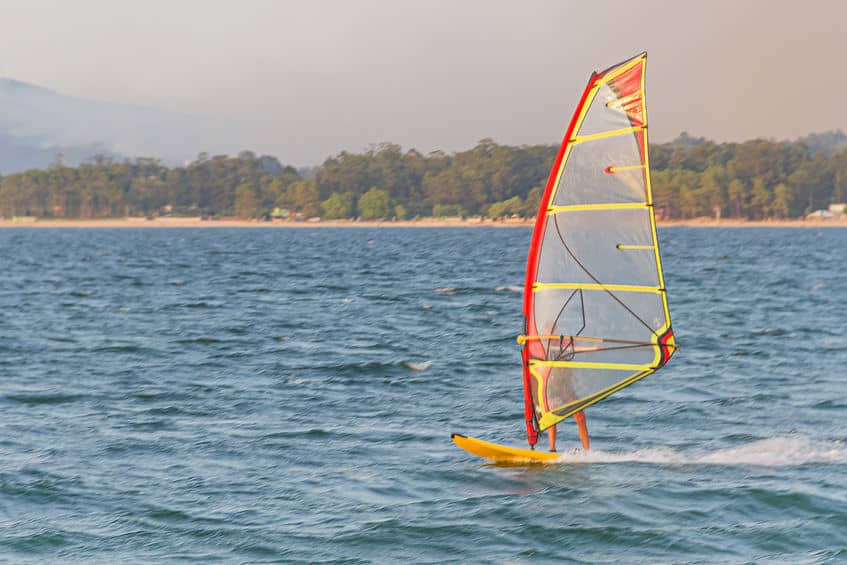
– Start practicing in a small confined area with moderate winds.
– Do not go out in high winds to avoid being carried so far that you would have difficulty returning.
– Use a restraint cable to stay attached to the board in the event of a fall. However, this cable should not replace the life jacket.
– If you are too tired, drop the sail, wrap it around the mast and lie on the board.
Seadoo / Jetski
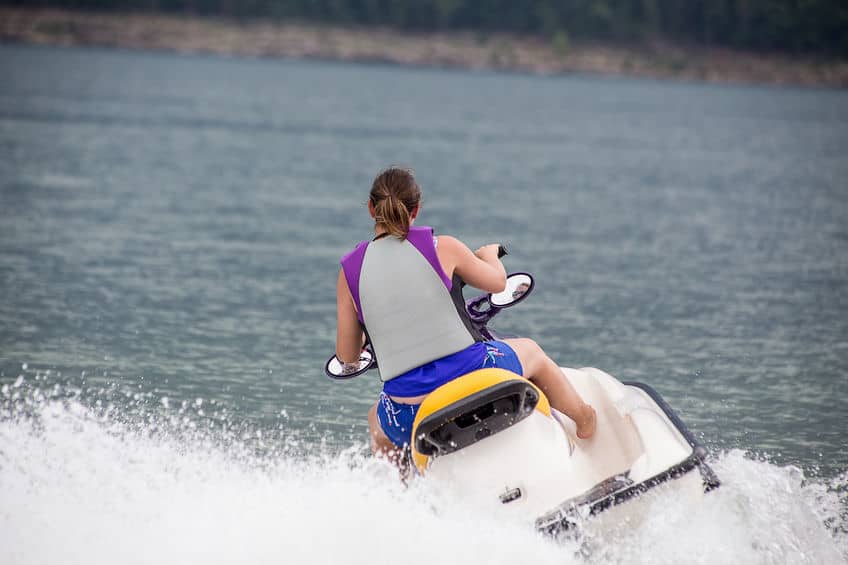
– Avoid repeating circles in the same place. The sound of your boat disturbs the neighborhood.
– You need to know the rules and code of conduct as well as speed and distance limits.
– Because personal watercraft do not have navigation lights, they are prohibited at night or when visibility is reduced.
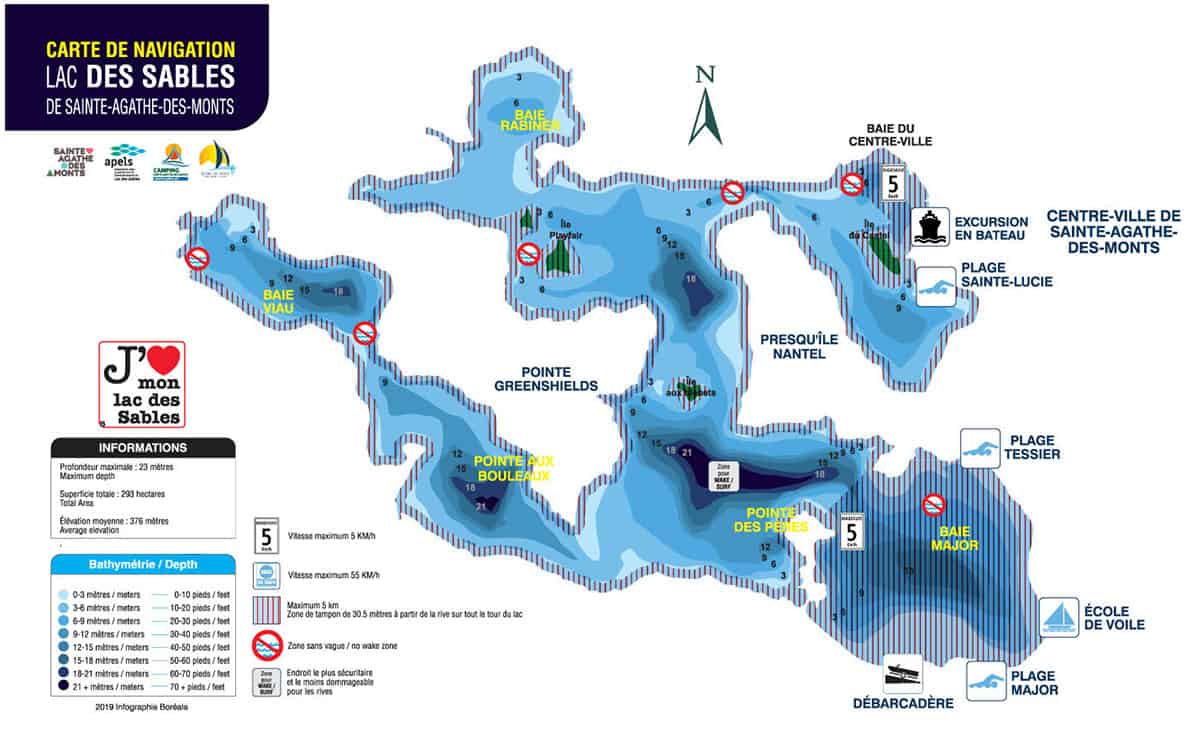
Laws and regulations
At the provincial level, although there are no regulations directly governing water activities, legislation of the Civil Code of Quebec, the Conservation and Development of Wildlife Act, the Regulations on protecting water from recreational boat discharges and the Environmental Quality Act allow for action at certain levels.
Municipalities can pass regulations on nuisances such as noise or to regulate access to the lake.
Specific federal legislation for Lac des Sables
Places where the maximum speed allowed is 5 km per hour on Lac des Sables:
– 100 ft (30.5m) from shore
– in Major Bay
– in Baie Centre-ville
The maximum speed allowed elsewhere on Lac des Sables is 55km per hour
Criminal Code of Canada (L.R.C. (1985), Ch. c-46)3
Some behaviours are offences under the Criminal Code of Canada, including:
– Dangerous operation of a boat;
– Driving a boat while intoxicated;
– Failure to stop at the scene of an accident;
– The operation of a boat that is not fit to sail.
Provincial legislation
Civil Code of Quebec (CCQ-1991)5
Under section 1457 of the Civil Code of Quebec, every person must act in a manner that does not cause harm to others:
Article 1457: Every person has a duty to respect the rules of conduct which, depending on the circumstances, customs or the law, are imposed on him, so as not to cause harm to others.
– It is, when it is endowed with reason and fails in this duty, responsible for the harm it causes by this fault to others and obliged to repair that harm, whether it is bodily, moral or material.
– It is also obliged, in some cases, to repair the harm caused to others by the fact or fault of another person or by the fact of the property in his custody.
Thus, in the context of navigation, this section of the Civil Code of Quebec requires every person to adopt a safe behavior and speed for other users as well as for the property of others.
Municipal legislation
In addition to the federal and provincial regulations mentioned, other legislative tools are applicable in relation to the recreational activities of Sainte-Agathe-des-Monts. Among other things, the municipal nuisance by-law (Regulation m-450 number 2003sq-39) prohibits any noise that could disturb the peace, tranquillity, comfort, rest, well-being of citizens or which is likely to prevent the use of peaceful property in the vicinity. The installation of loudspeakers or sound amplifiers outdoors, if the sound of this device is likely to disturb the peace, is also prohibited.
Lake patrol
APELS and its partners are working to establish a lake patrol on Lac des Sables.
Progress of the initiative.
– An agreement must be finalized between the City, the Boat Ramp Committee and APELS.
– Steps have been initiated in 2019 with Transport Canada, the Director of Criminal and Penal Prosecutions (DPCP) and the Quebec Police, in order to set up a patrol authorized to issue tickets.
– The project is in progress aiming for implementation in 2020.
– During the summer of 2019, the current patrol has been systematically involved
A. Written warning given to the boater at fault and to the owner of the license.
B. Register of interventions and special attention to repeat offenders.
If you witness unsafe or harmful activity, call 819-326-7698.
Protecting our loons
Photo: Marie-Claude Paquette Photography
How lucky we are to have loons on our Lake. According to Louise Champoux, who has been conducting research in Quebec for the Canadian Wildlife Service for several years, the low reproductive success rate of this bird is a concern. The loon is sensitive to the effects of pollution, land use, habitat disturbance and disturbance caused by the high use of the lake by humans. The number of loons has decreased at the Lake. We must devote significant energies to the protection of this fragile species and its habitat. Here are some clues:
Slow down
Loons nest near shorelines in protected coves, near small islands and in swampy areas. The approach of a boat, even a silent canoe, can cause loons to leave their nests leaving their eggs unprotected. In addition, waves created by boats can flood nests. Marie-Claude Paquette, a fervent protector of loons on the Lake, witnessed the death of a baby, caused by the unconsciousness of a personal watercraft driver.
Stay away
Disturbing loons, young and adult, prevents parents from feeding and protecting their young. Be vigilant. If you see them, keep your distance, move away calmly and quickly.
Collect lines and fishing items
Loons can get entangled in a dead line with a hook hanging from a float. Dead lines are illegal and obviously dangerous. A loon cannot smooth its feathers or dive if it is entangled in a fishing line. If that happens, it will die.
Use fishing gear containing no lead.
Loons ingest small pebbles to help them digest their food. If they mistakenly swallow lead weights, they may have lead poisoning that will eventually cause them to die. The Canadian Tire in Sainte-Agathe and other retailers offers unleaded alternatives.
Find out more
https://oiseauxcanada.org/volunteer/clls/resources/ICPHbrochure.pdf
https://www.birdscanada.org/news/aidez-les-plongeons-huards-cet-ete?lang=fr
https://www.facebook.com/Marie-Claude-Paquette-Photographie-207255362791587/
